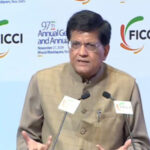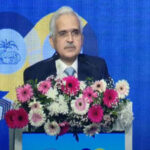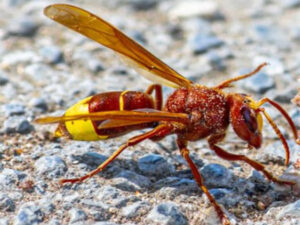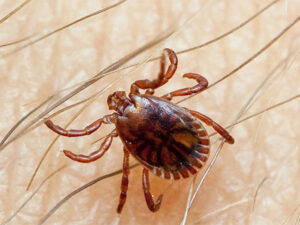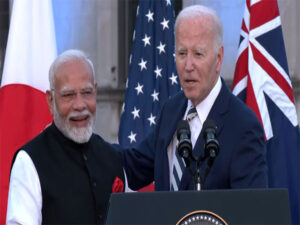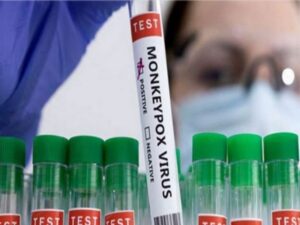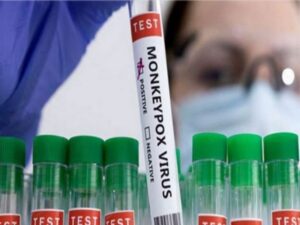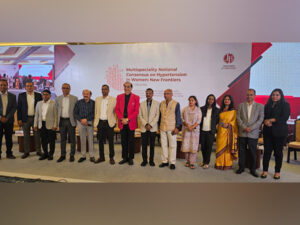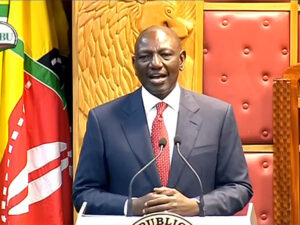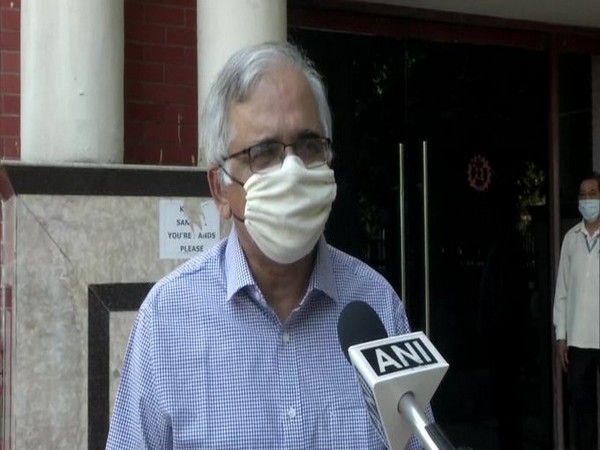
CSIR DG Shekhar Mande. (File pic)
New Delhi [India], June 4 (ANI): CSIR Director-General Shekhar Mande said on Thursday that the World Health Organisation’s (WHO) decision to halt hydroxychloroquine (HCQ) drug trial was taken in haste and the global body should have actually analysed the data before making the decision.
“I firmly believe that WHO decision was taken in haste it was a kind of knee jerk reaction they should have actually analyse the data on their own before temporarily suspend the trials that is my personal opinion,” Mande said. India’s nodal government agency ICMR (Indian Council of Medical Research) overseeing the country’s response to the coronavirus pandemic last month wrote to the WHO citing differences in dosage standards between Indian and international trials that could explain the efficacy issues of HCQ in treating COVID-19 patients.
In addition, Dr Sheela Godbole, National Coordinator of the WHO-India Solidarity Trial and Head of the Division of Epidemiology, ICMR-National AIDS Research Institute also wrote a letter via an email to Dr Soumya Swaminathan, Chief Scientist at World Health Organisation.
In a letter, Dr Godbole stated: “There was no reason to suspend the trial for safety concern,” attributing it to the current RECOVERY data which differs significantly from the non-randomised assessment by Mehra et al, a scientific paper.
Referring to the letter, the CSIR head said, “We don’t know what actually happened behind the scenes but the hypothesis is that because of the paper published in Lancet. It is a very well known journal and if Lancet has done due vigilance in publishing the paper.
Therefore, the WHO thought the paper’s findings are right that’s why WHO hold based on what is published on Lancet. The WHO shouldn’t have accepted it immediately this should have taken their own due vigilance to find out that study is right or not.”
DG CSIR said because there is a global outcry it must have put pressure on both Lancet as well as WHO and both of them now retracted from their original position.
“WHO has started a trial again and Lancet has put an expression of concern on their website both of these are very welcome development for science,” he said.
“So I am pretty sure that Lancet would have published the reports only after seeing somewhere the drug failed to work,” Mande said. (ANI)


